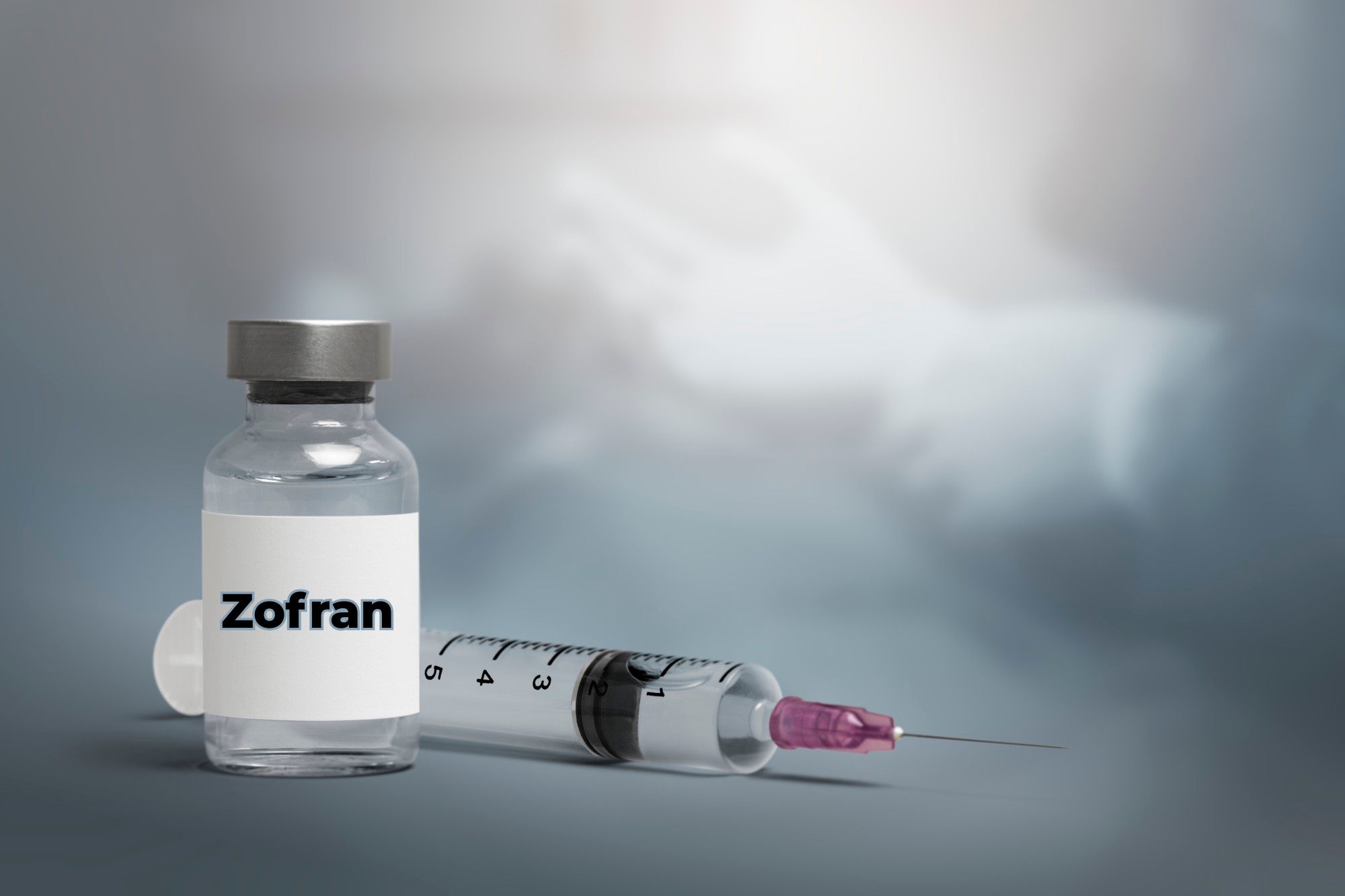The U.S Food and Drug Association (FDA) Adverse Event Reporting System documented that the onset of peripheral neuropathy after starting fluoroquinolones was rapid within few days and even if the drug was stopped, some patients continued to experience nerve damage symptoms for more than a year.
Serious Alleged Injuries May Include:
- Aortic Dissection Or Aortic Aneurysm
- Peripheral Neuropathy
- Angioedema
- Abnormal Heart Rhythm
- Tendon Rupture
- Seizures
- Skin Rash
- Hallucinations
FDA Safety Warnings:
N/A
Legal Updates:
In July 2008, the FDA issued a "black box" warning to all fluoroquinolone antibiotics indicating that they could increase the risk of tendon ruptures and tendon damage. Although the warning was added to all antibiotics in the class, lawsuits allege that the risk is greatest with levofloxacin (Levaquin) and that Johnson and Johnson failed to properly research their drug or provide reasonable information to the physicians and patients about the risk of having a tendon rupture or tendinitis. Federal levofloxacin lawsuits have consolidated into multidistrict litigation, centralized in the U.S. District Court for the District of Minnesota.
The U.S. FDA issued another warning on August 15, 2013, about the dangers of peripheral neuropathy and instructed the doctors and patient to discontinue the drug immediately if the symptoms of nerve damage occur.
On November 05, 2015, FDA Center for Drug Evaluation and Research, Joint Meeting of the Antimicrobial Drugs Advisory Committee, and The Drug Safety and Risk Management Advisory Committee decided that the current labeling for these drugs was unacceptable, recommending additional study, discussion and action to make both the patients and physicians aware of the potential risks of the drugs, particularly requiring physicians to be more completely informed that fluoroquinolones are not to be used as the first choice of medicine for the patients with sinus infections, bronchitis with history of COPD, and patients with uncomplicated urinary tract infections.
News:
Jul 18, 2018: Drug Makers Must Add Stronger Fluoroquinolone Label Warnings
Following numerous reports on the risk of hypoglycemic (low blood sugar) coma associated with the antibiotic class fluoroquinolones, the U.S. FDA announced the Fluoroquinolones makers must include a strong label warning to alert patients. About 13 patients succumbed to death due to hypoglycemia between October 1987 and April 2017 while under fluoroquinolone medication.
Some of the patients were treated for relatively uncomplicated infections or were under post-surgery treatment. Few others who took the drug became disabled. The FDA specified the blood glucose disturbances subsection of the product label must reflect hypoglycemia risk. The patients are required to inform doctors if they are already under diabetes treatment since fluoroquinolone-related hypoglycemia is mostly seen in diabetic and older patients. In addition to hypoglycemia, the FDA also ordered that all drugs like levofloxacin (Levaquin), ciprofloxacin (Cipro), moxifloxacin (Avelox) belonging to the same class to have uniform label warnings about the mental health side effects which include Disturbances inattention, Disorientation, Agitation, Nervousness, Memory impairment, and Delirium.
Lawsuits filed in several state courts blame the manufacturers Bayer Healthcare Pharmaceuticals, Merck & Co, Johnson & Johnson, and others for marketing defective and dangerous drugs. Attorneys handling the cases assert the drug makers were aware of the aortic risks of fluoroquinolones but failed to adequately warn patients and doctors.
Sep 3, 2018: 18 More Cases Head To The Second Fluoroquinolone Bellwether
U.S. District Judge John R. Tunheim announced in a pretrial order issued on August 17 that 18 more cases would be included in the second stage of bellwether trials for nerve damages linked to Avelox and Cipro, each party is required to select eight from their side.
The cases selected by the plaintiffs and defendants must comprise seven Avelox cases and two Cipro cases. A further expert discovery process would be done for the eight cases shortlisted by the court from those 18 cases. The selections only include cases filed after April 21, 2016; it does not include the claims where the plaintiffs took more than one of the medications in trouble. The first Avelox bellwether trial is slated for November 2018, the second Avelox case for January 2019, and two more in June and August 2019. The Cipro trials have been scheduled for March 2019. The trial dates would be finalized by late 2019 or early 2020 unless the drugmakers decide for a global settlement of all related lawsuits.
Fluoroquinolone lawsuits filed blame the makers for hiding the risk of long-lasting peripheral neuropathy associated with the drug. The defendant list includes Bayer Healthcare Pharmaceuticals, Merck & Co, Johnson & Johnson, and others for false marketing of defective and dangerous drugs.
Dec 24, 2018: FDA Warns Fluoroquinolone Can Lead To Aortic Dissection
In a drug safety alert sent out on December 20, the Food and Drug Administration (FDA) warned that systemic use of fluoroquinolone antibiotics like Levaquin, Avelox, and Cipro could increase the chances of aortic dissections. The federal agency also indicated this information would be added to the drug's prescription as well as the patient medication guides which are handed over to the patients.
The safety alert was the result of a recent publication based on studies over the last few years which has linked fluoroquinolones to fatal and life-threatening consequences like aortic aneurysms and aortic dissections (AA/AD). The FDA notified health care professionals should refrain from prescribing this class of antibiotics to patients who are suffering from an aortic aneurysm or who are at risk for an aortic aneurysm and doctors must immediately stop the treatment if a patient is diagnosed with a serious aortic condition.
The FDA suggested patients should take emergency services if they are experiencing pain in the stomach, back, or chest while taking any of the fluoroquinolones. In a May 2016 warning notice, the FDA indicated permanent nerve damage, known as peripheral neuropathy and tendon ruptures as a possible health risk associated with fluoroquinolone intake. In July 2018, the antibiotics label was updated to highlight the risk of significant blood sugar levels and some critical mental health side effects. Janssen Pharmaceuticals took off the oral and IV versions of Levaquin in December 2017; however, it may be available in pharmacies until 2020.
Evidence:
- Indication Of Usage In Pharmacy Records
- Usage And Duration In Pharmacy Records
- Follow Up Complications And Their Treatment After Initiation In Medical Records
Medical Record Review and claim validation of Fluoroquinolones case should take approximately 6 hours in most instances; however, this approximation may vary in cases based on the volume of records.




